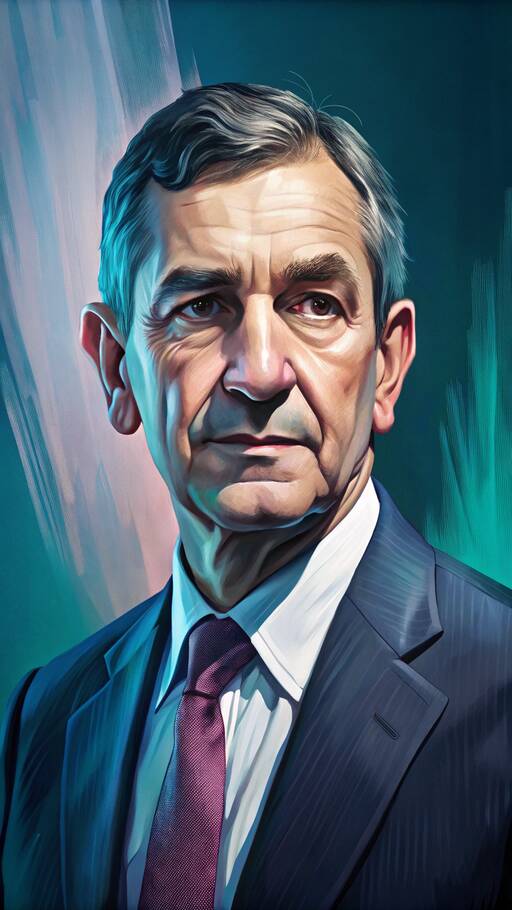
Carlos Tavares has stepped down as the CEO of Stellantis, the automotive giant formed from the merger of Fiat Chrysler and the French PSA Group. Until a successor is chosen by mid-2025, John Elkann will oversee an Interim Executive Committee. This transition isn't unexpected, as Tavares was already planning to retire at the end of his contract in 2026.
During Tavares' leadership, the company faced significant hurdles, including declining sales, shrinking market share, and a challenging entry into the U.S. electric vehicle market. The departure of key executives, like Dodge's Tim Kuniskis and Jeep's Jim Morrison, added to the company's difficulties. Despite achieving record profits at the pandemic's onset, recent challenges have overshadowed these achievements.
Initially, the focus on high-margin SUVs and trucks boosted profits. However, as market conditions stabilized, Stellantis was slow to adjust prices or introduce more affordable models. Tavares hesitated to reduce EV prices, despite them generally being more expensive than gasoline models. Particularly for Jeep, the elimination of models like the Renegade risked alienating budget-conscious consumers.
Stellantis faces numerous obstacles in the U.S., including postponed EV launches and the need to bolster brand lineups. Future plans include reviving the Chrysler brand and introducing a $25,000 electric Jeep. While Tavares initially aimed to maintain all 14 brands post-merger, he has reconsidered this, allowing for potential market shifts or brand eliminations.
Summary: Stellantis is undergoing a leadership change as Carlos Tavares steps down ahead of schedule. Although he initially led the company to high profits, recent setbacks in the U.S. market and the evolving EV landscape necessitate a strategic adjustment for the new CEO. The focus will be on revitalizing brand lineups and tackling significant market challenges.